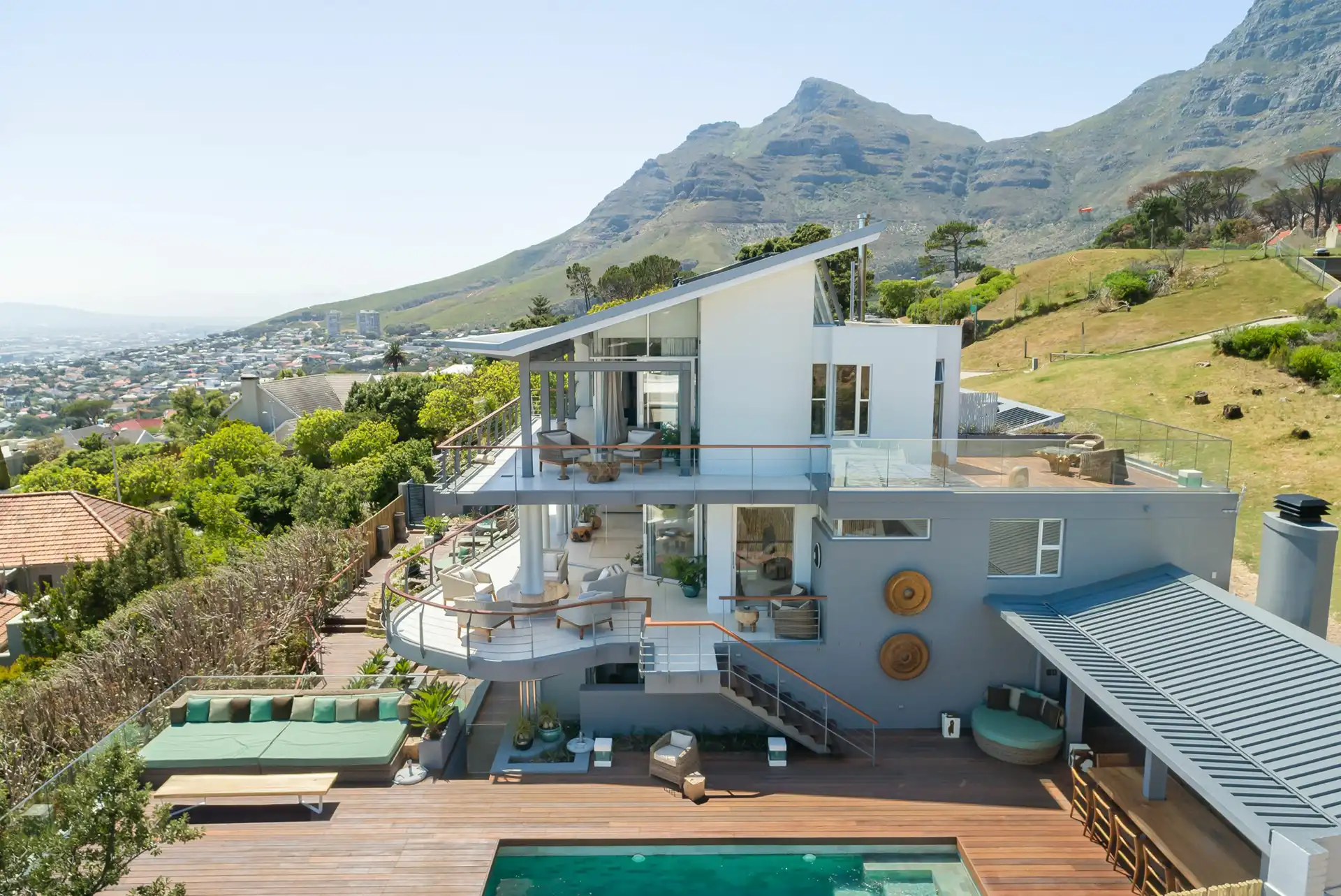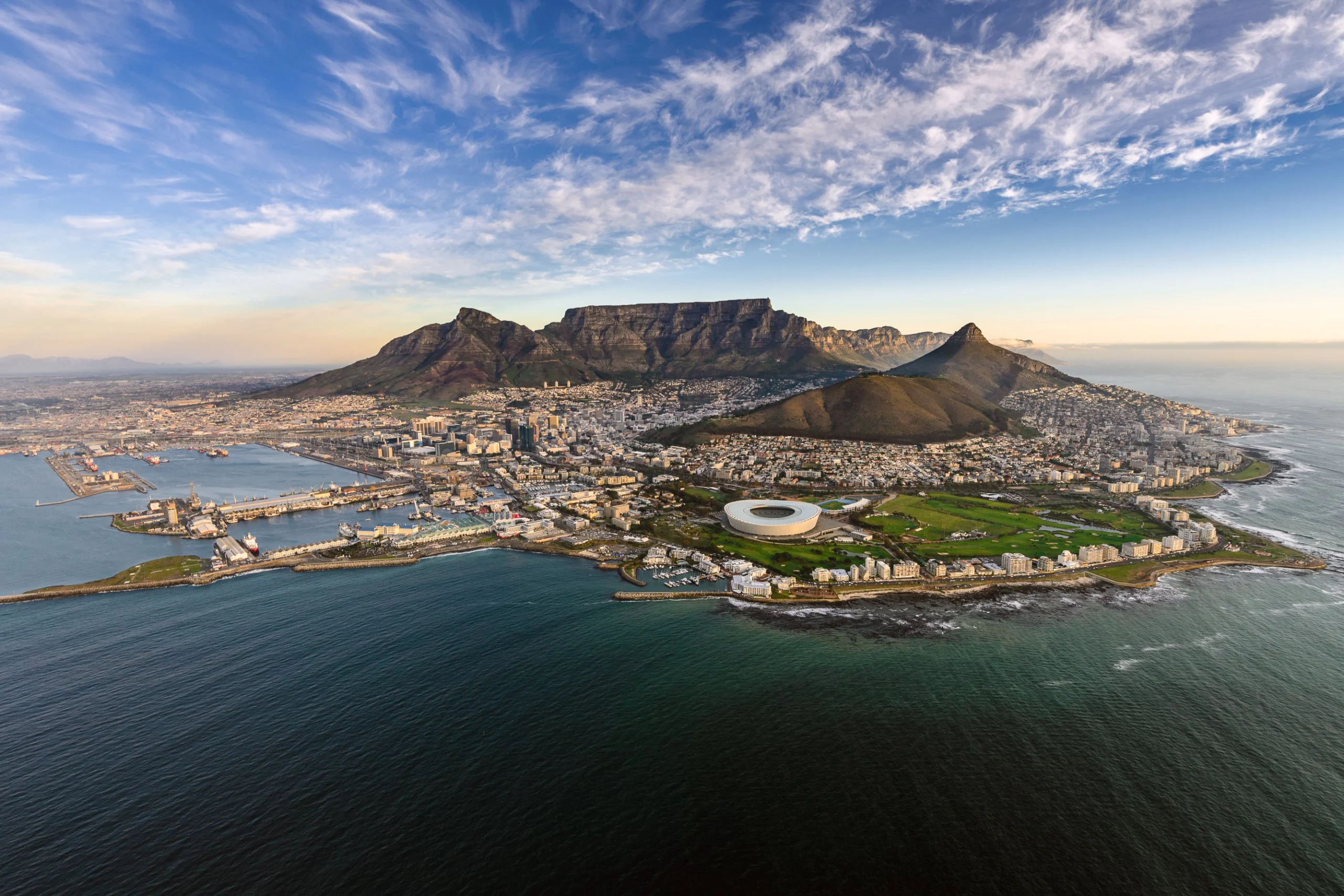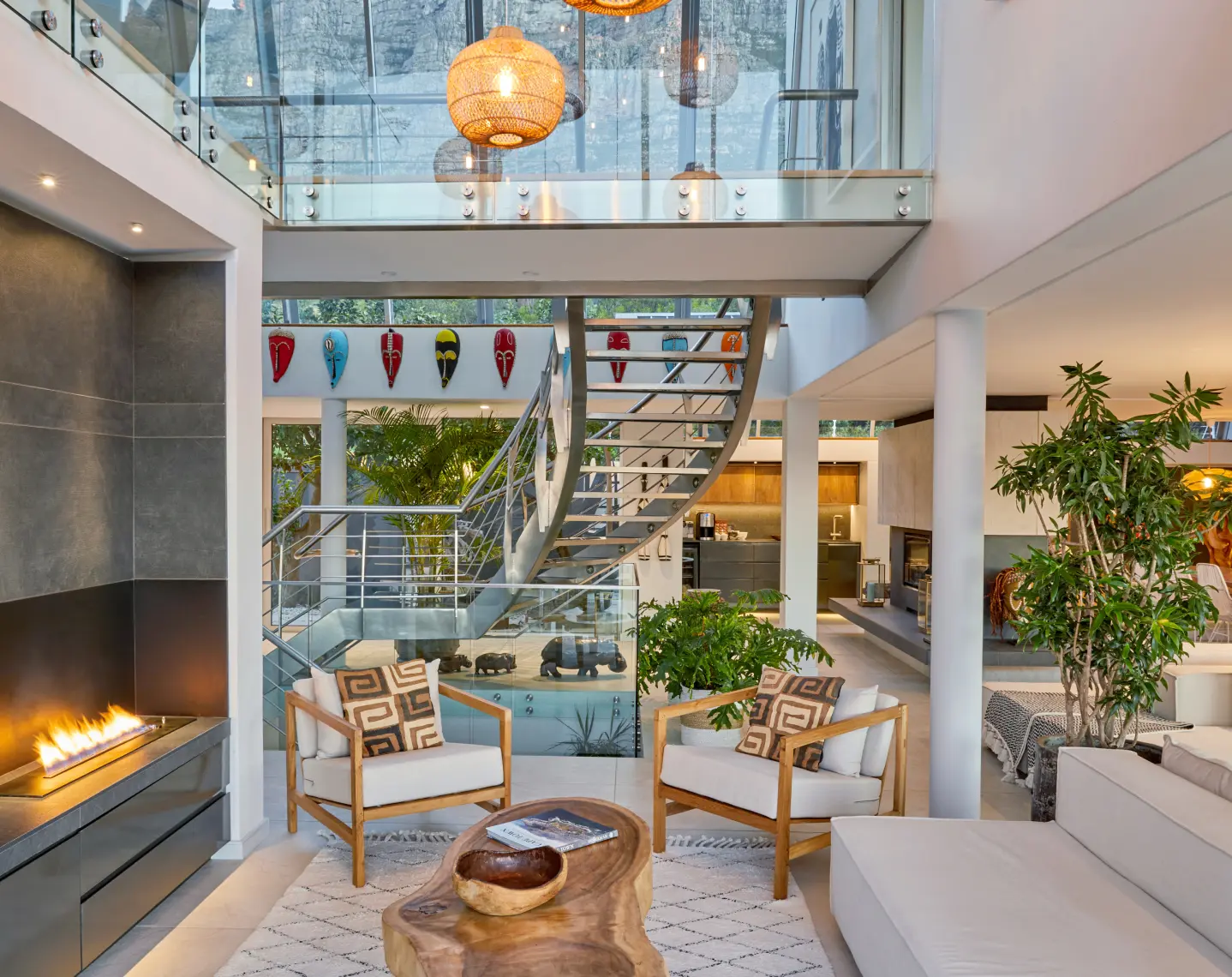Why Timing Matters When Visiting Both Cape Town and Kruger
Combining Cape Town with a Kruger safari is among the most iconic Southern Africa travel pairings. But here’s the trick: the best time to visit Cape Town and Kruger doesn’t always align perfectly. One is coastal and Mediterranean, the other a subtropical savannah, and their seasons can pull you in opposite directions.
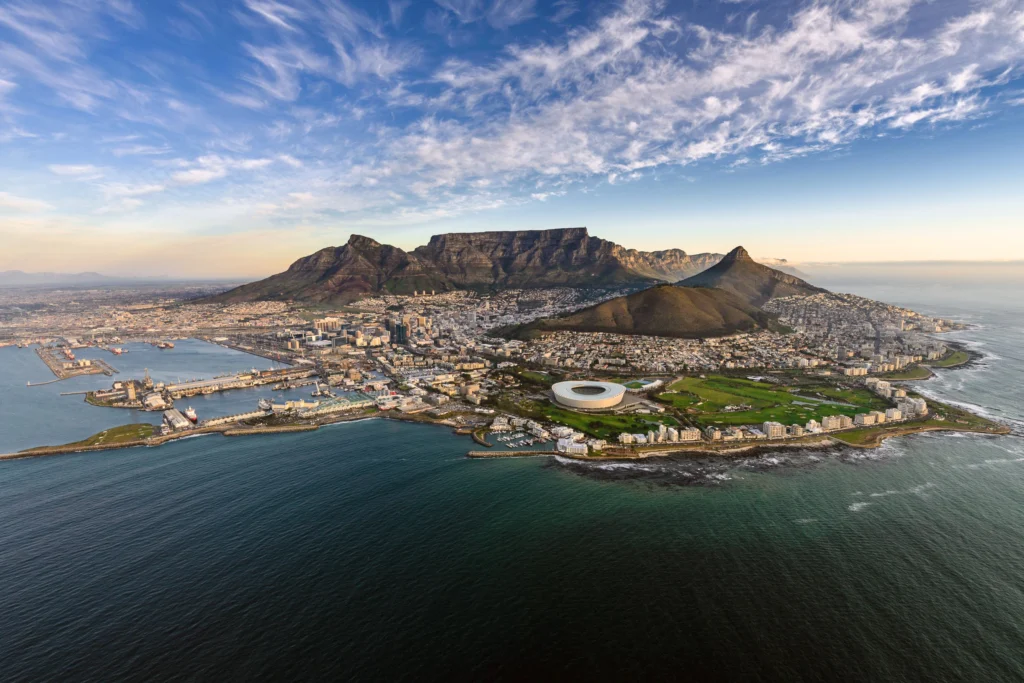
So, how do you choose when to go?
It depends on what you want—whale watching, wildlife, beaches, or bushveld. In this guide, we’ll break it down month by month to help you plan a seamless, spectacular city-and-safari adventure.
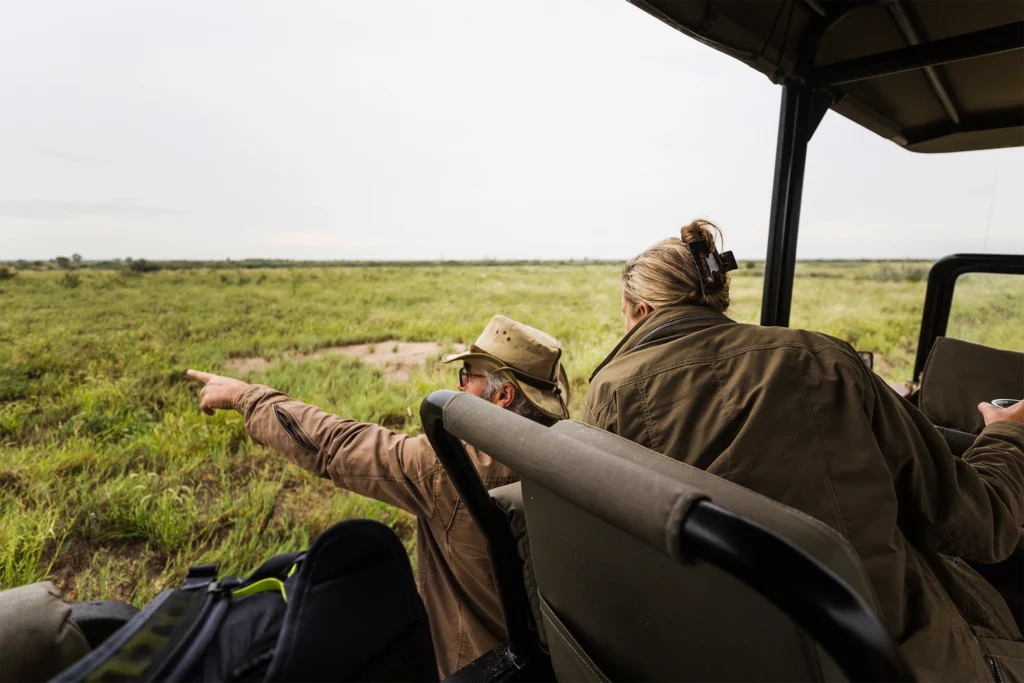
Month-by-Month: Cape Town vs. Kruger Seasons
We often guide our guests based on this simple truth: Cape Town is a summer city, while Kruger thrives in the dry winter.
See
Here’s how the calendar plays out:
January to March
- Cape Town: Peak summer — hot, dry, and buzzing with energy. Great for beaches and vineyards.
- Kruger: Rainy season. Lush, green landscapes, but wildlife is harder to spot due to thick bush.
April to May
- Cape Town: Cooling down, but still warm and clear. Harvest season in the Winelands.
- Kruger: Transition into dry season — wildlife viewing improves, and there are fewer mosquitoes.
June to August
- Cape Town: Crisp and cool. Think fireplaces, red wine, and dramatic skies.
- Kruger: Peak safari season. Dry, golden, and perfect for big game sightings.
September to October
- Cape Town: Wildflowers bloom, days warm up. A stunning shoulder season.
- Kruger: Still dry and brilliant for safaris — wildlife gathers near water sources.
November to December
- Cape Town: Summer returns. The festive season begins.
- Kruger: Early rains. Green scenery, but less reliable for game viewing.
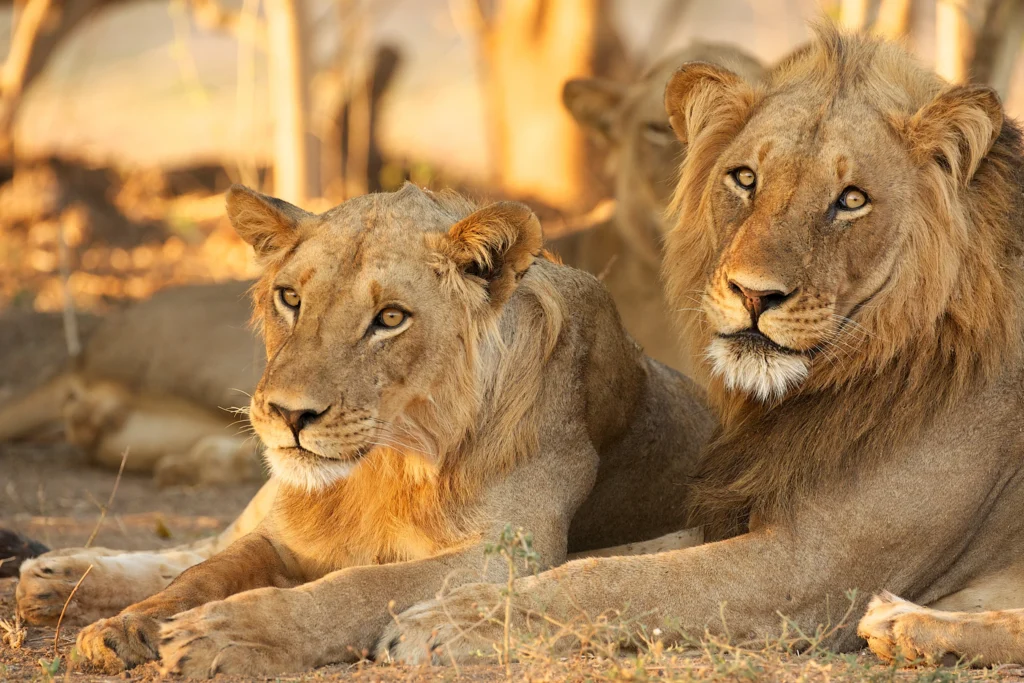
The Best Time to Visit Kruger National Park and Cape Town Together
If you’re looking for a golden overlap — when both destinations shine — two windows stand out:
September to October:
- Our top pick for most travelers
- Cape Town is blossoming with spring energy
- Kruger is still in its peak dry season — ideal for wildlife
April to May:
- A quieter, slightly cooler option
- Fewer tourists, warm weather in both regions
- Great for Winelands experiences and safari beginnings
The Trade-Offs
- June–August: Amazing safari time, but Cape Town weather will be cool and occasionally wet
- December–March: Dreamy Cape Town days, but Kruger can be hot and wet
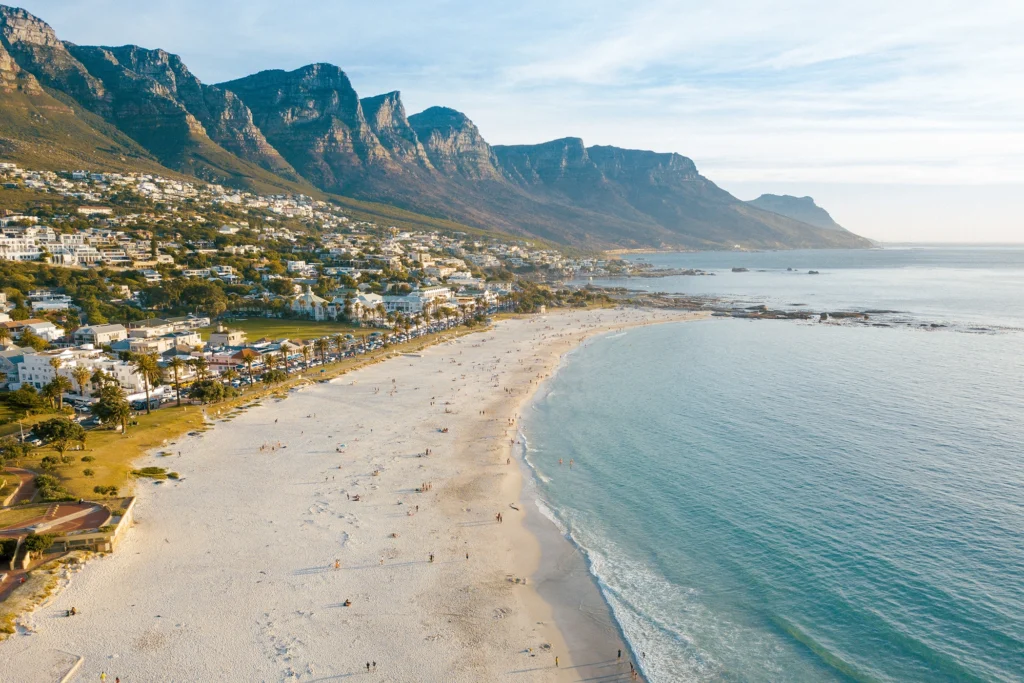
When Do Most Luxury Travellers Visit?
From our experience hosting guests from across the world, luxury travellers often follow one of three routes:
- Spring Safari + Coastal Calm (Sep–Oct): Start with dry-season safaris in Kruger, then unwind in Cape Town’s warmer, blossoming months.
- Summer Escape (Dec–Feb): Cape Town takes centre stage — think yacht charters, villa stays, and long alfresco lunches. Safari is still possible, but best paired with private reserves.
- Winter Wellness (June–July): Enjoy wellness rituals, wine firesides, and serene city views at Atzaró Cape Town, while Kruger offers pristine dry-season game drives.
“We travelled in early October and it was magical. Lions in the morning mist in Kruger, then back to Clifton sunsets and wine tastings. Atzaró felt like home…but with better views!” — Grace M., London
Considering the Okavango Instead of Kruger?
While Kruger is South Africa’s most iconic safari destination, some of our guests choose to go further, combining Cape Town with the extraordinary wilderness of Botswana’s Okavango Delta. Atzaró Okavango is our sister property: a luxury safari lodge nestled deep in the floodplains of the Delta. Think mokoro canoe safaris, remote wild settings, wildlife all around, and natural barefoot luxury. It’s a dream pairing for those seeking a more exclusive and untamed safari experience.
See:
- The Best Luxury African Safari Tours: Cape Town to Okavango Delta
- Best Time to Visit the Okavango Delta
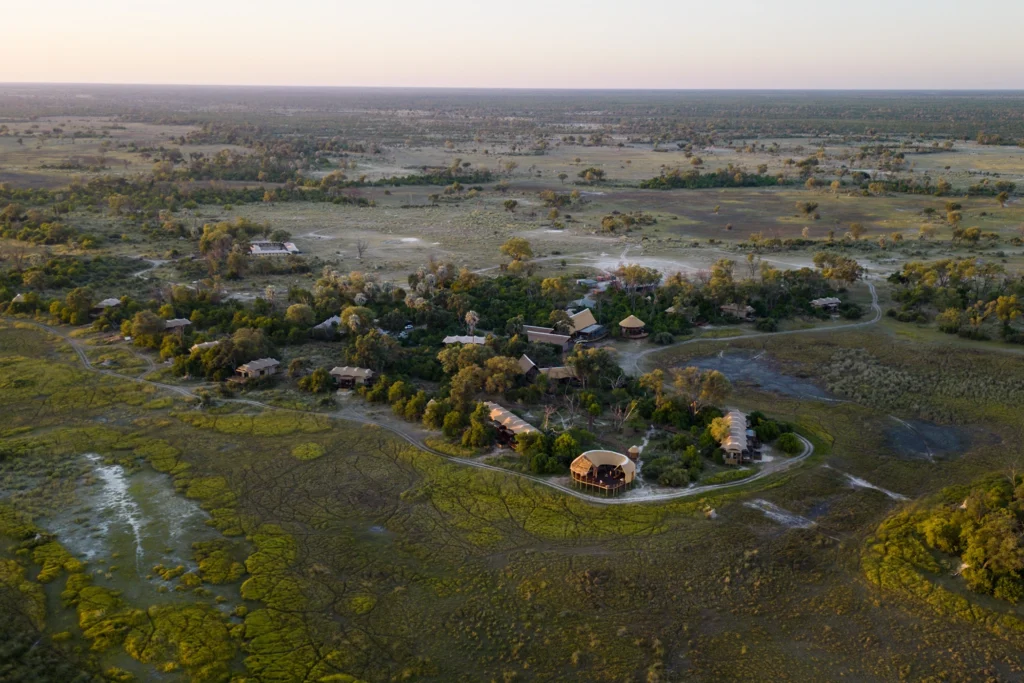
Sample Itinerary Ideas Based on Season
Planning the best time to visit Cape Town and Kruger is easier when you anchor it to your travel style. Here are a few pairings we recommend:
- September Bloom & Big Game (10 Days): 3 nights Sabi Sands, 2 nights Winelands, 4 nights Cape Town
- Winter Luxury (July): Kruger in peak form + our spa, fire-lit terraces, and moody mountain views
- Late Summer Escape (Feb): Start with Cape Town’s summer buzz, then fly to a private lodge with waterholes teeming with wildlife
FAQ — Planning Tips for the Best Time to Visit
Is Cape Town worth visiting in winter?
Yes, absolutely. While it’s cooler (around 12–18°C), winter in Cape Town is cozy, creative, and beautifully calm. It’s also peak safari season in Kruger — the perfect contrast.
What’s the best time for a Kruger safari?
The dry season: June to October. Animals gather at water sources, visibility is high, and temperatures are pleasant in the bush.
Can you swim in Cape Town in September, or winter in general?
Cape Town’s ocean is cold year-round, especially on the Atlantic side (Camps Bay, Clifton), where temperatures hover around 12–15°C. That said, winter can feel warmer in the water than summer, thanks to calmer seas and a break from the cold upwelling caused by Cape Town’s famous southeaster winds. On the False Bay side (Muizenberg, Fish Hoek), the water is warmer, reaching 18–20°C on good days.
So yes, you can swim — but it’s for the brave, or those seeking a brisk, revitalizing dip
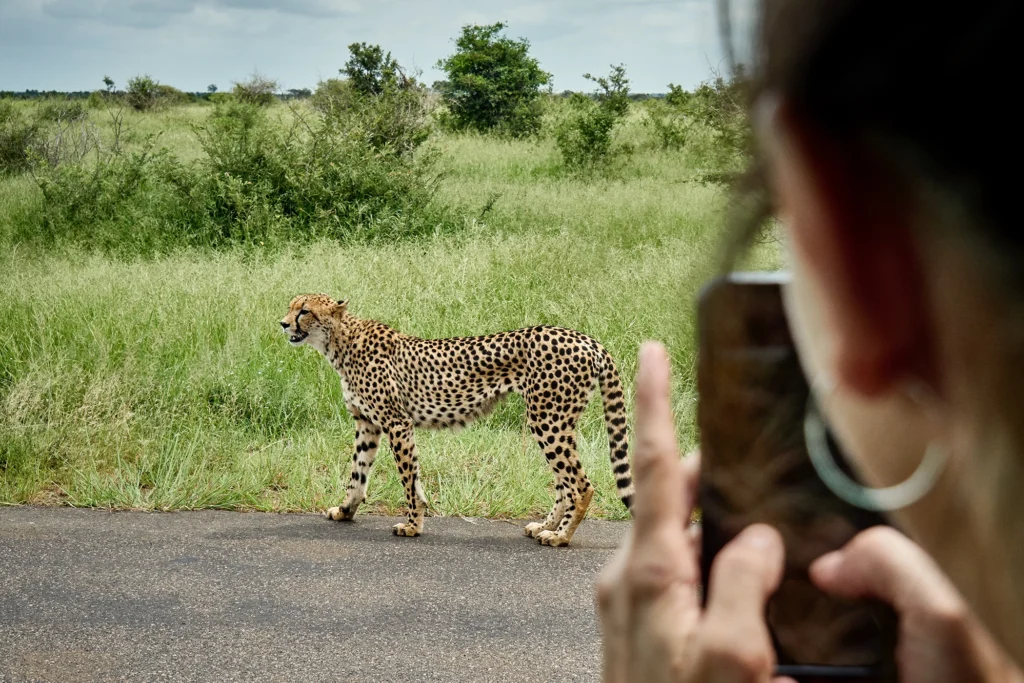
About Us: Atzaró Cape Town
Tucked below Table Mountain in the creative heart of Oranjezicht, Atzaró Cape Town is a luxury boutique hotel inspired by nature, art, and a sense of soulful calm. With panoramic views, curated interiors, and a serene spa, our hotel is designed for modern explorers who seek more than just a place to stay.
Whether starting your African adventure here or winding down after safari, we’ll help you feel at home when you arrive.
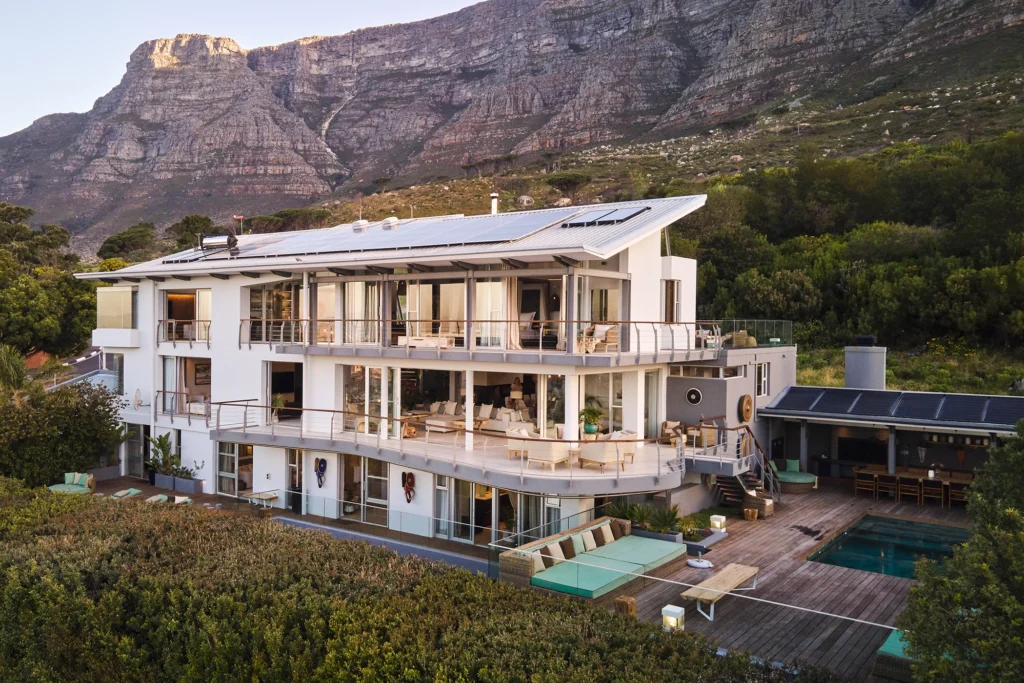
“The most beautiful hotel I’ve ever stayed in. Intimate, peaceful, and perfectly located. It was the highlight of our trip to South Africa.” — Daniel K., New York
Let the Season Match Your Style
There’s no one-size-fits-all answer to the best time to visit Cape Town and Kruger. It depends on what you want to feel — the heat of a Cape Town summer, the stillness of a misty morning safari, or the fresh green flush of spring.
We’d love to help you make the most of whatever path you take.
Explore our rooms, wellness experiences, and insider tips.
We’d love to welcome you soon.

